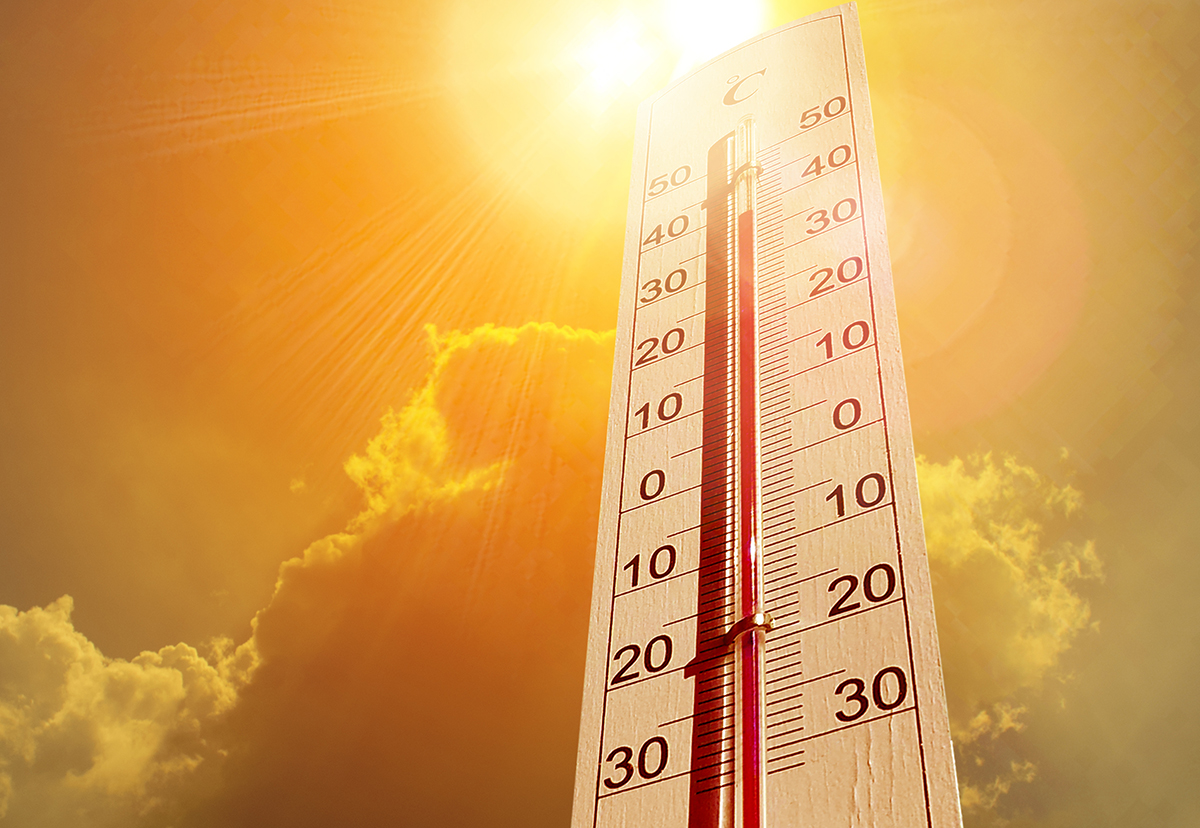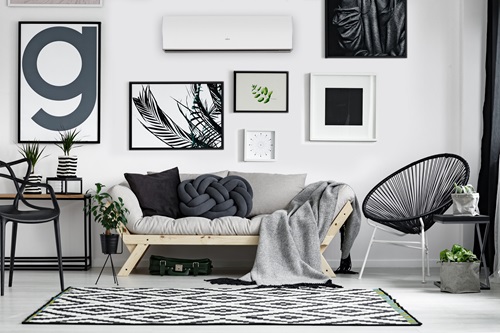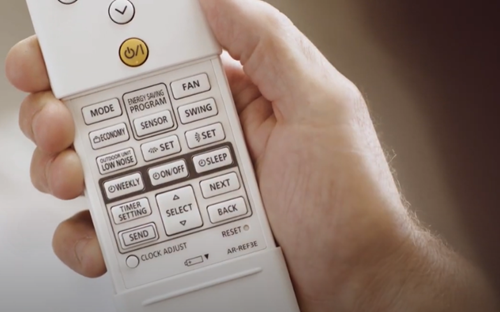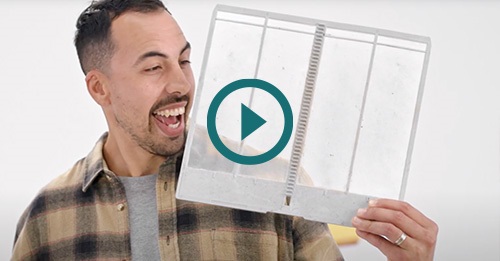Hot Tips To Stay Cool & Survive The Summer Heat At Home

New Zealanders collectively share the same love for the summer months. We look forward to road trips, beach days and barbecues. However, we also spend a large amount of time at home, particularly over the holiday period. As temperatures are always expected to soar during this time of the year, you don’t want to get caught out by the heat. It is important to prepare your home for the warmer weather, so you can chill out when the inevitable heat waves strike.
When the heat turns up, follow these six tips to cool down indoors this summer:
Select the right heat pump / air conditioning system
Choosing the correct system for your climate and home, can transform the scorching New Zealand summer into a cooling, refreshing experience. If you currently have a heat pump / air conditioning system installed, it may be worthwhile taking a look at how energy efficient is. Replacing the system with a new, more technologically advanced model, can help reduce energy consumption and the household spend on power.
Selecting a home air conditioning that features advanced inverter technology, will generally be more efficient and economical to operate than old-style conventional systems. The inverter component allows the outdoor unit to vary its speed and output to match the required capacity of the indoor unit. They are quiet in operation, can handle temperature extremes, and reach the desired indoor temperature more quickly than a conventional heat pump / air conditioning unit.
Whether it’s a whole home solution or cooling comfort for a single room, Fujitsu General has a wide range of heat pump / air conditioning systems designed to meet the needs of any space.
The smart ways to use your heat pump / air conditioning system
It is important to know how to use a heat pump / air conditioning unit and make the most of its functionality and features in order to keep your home cool. Running a heat pump / air conditioning unit inefficiently can result in unstable temperatures and shock energy bills. Use in-built programmable timers to turn on the heat pump / air conditioning system earlier in the day before the temperature gets too hot. Switching the heat pump / air conditioning unit on during the hottest part of the day means the system will take longer to cool down the home and use more energy.
It is especially important to understand the smart ways to use a heat pump / air conditioning unit to achieve better sleep, particularly in upstairs bedrooms where hot air can become trapped. Sleep experts link comfortable bedroom temperature and optimum body temperature with successful sleep. Our body naturally lowers its temperature to prepare for sleep, which means a room temperature that is too high or fluctuates in temperature can lead to restlessness and poor sleep. Use in-built timers to cool the space before going to bed, the ideal temperature to set is around 23 degrees Celsius, and will keep the room temperature at the desired level perfect for a good night’s sleep.
Keep the heat outside
On hot days, heat travels straight through unprotected windows. Shade your north and west facing windows by investing in thick curtains with block out backing, or solid blinds. These will also help keep the home warm during winter months. Retractable awnings, deciduous trees, and pergolas with deciduous vines are more expensive options, however, are also an effective way to gain shade in summer and warmth in winter.
If you live in a rental property, install removable film on glass windows and doors to help reflect sunlight and heat. Light bulbs can be a hidden source of heat in the home. Incandescent lightbulbs were phased out in New Zealand years ago, but many homes still use them and they produce a lot of heat.[1]By switching to energy-saving bulbs it can reduce the heat being produced in the home, and save money on energy costs. Another simple way to avoid heat building up inside the home is to only use the stove-top or oven for short periods, or take the cooking outside and fire up the barbecue instead.
Redecorate the home
Redecorating the home is a simple way to make the space both look and feel cooler. If you sleep with a heavy or down doona in winter, it’s time to swap this with a summer-friendly lightweight version. Swapping your bedding is a simple way to freshen up your room seasonally and stay cooler. Natural fibres like cotton, linen, and bamboo are best for keeping the heat away during humid summer nights as these fabrics absorb sweat and breathe easily.
If you like a refined look, percale, a finely-woven cotton blend, might be a good option as it is delicate and luxurious all at once. For a rustic aesthetic and texture, linen is your friend. Whichever natural material you choose, avoid anything synthetic to make sure it breathes easily.
Swap out cushions on your couch if they’re currently a heavy, plush or fluffy material. Opt for something light in colour and fabric for a sweat-free sofa day. Also, consider the material of your sofa. For instance, if you’re dealing with leather, a linen throw could help prevent you from sticking to the cover on particularly humid evenings. Even better – a rattan, cane or woven armchair will help that cool air flow freely!
Hydration is key
While appetites can sometimes be suppressed by heat[2], regular fluid intake is necessary. Hot or humid weather causes you to sweat so it’s a good idea to replenish the water leaving your body by drinking fluid regularly. On average, adult men should drink 2.6L of water per day (about 10 cups) and adult women should drink 2.1L of water per day (about 8 cups). It is also important to recognise the symptoms of dehydration, which can include dry mouth, headaches, and dizziness. If suffering from dehydration, make sure to increase water intake or supplement intake with electrolyte drinks, as these will help decrease the risk of dehydration, while staying indoors and remaining cool.
Look after your heat pump / air conditioner
Regular maintenance of your heat pump / air conditioning unit will help increase the durability and promote the optimal performance of the system, keeping you cool for many summers to come. Keep the outdoor unit in the shade, under an awning and free from any debris. Make sure the heat pump / air conditioning unit is serviced periodically by a licensed heat pump / air conditioning technician. A professional service every one to two years, depending on usage, ensures the air conditioner operates as efficiently as possible.




